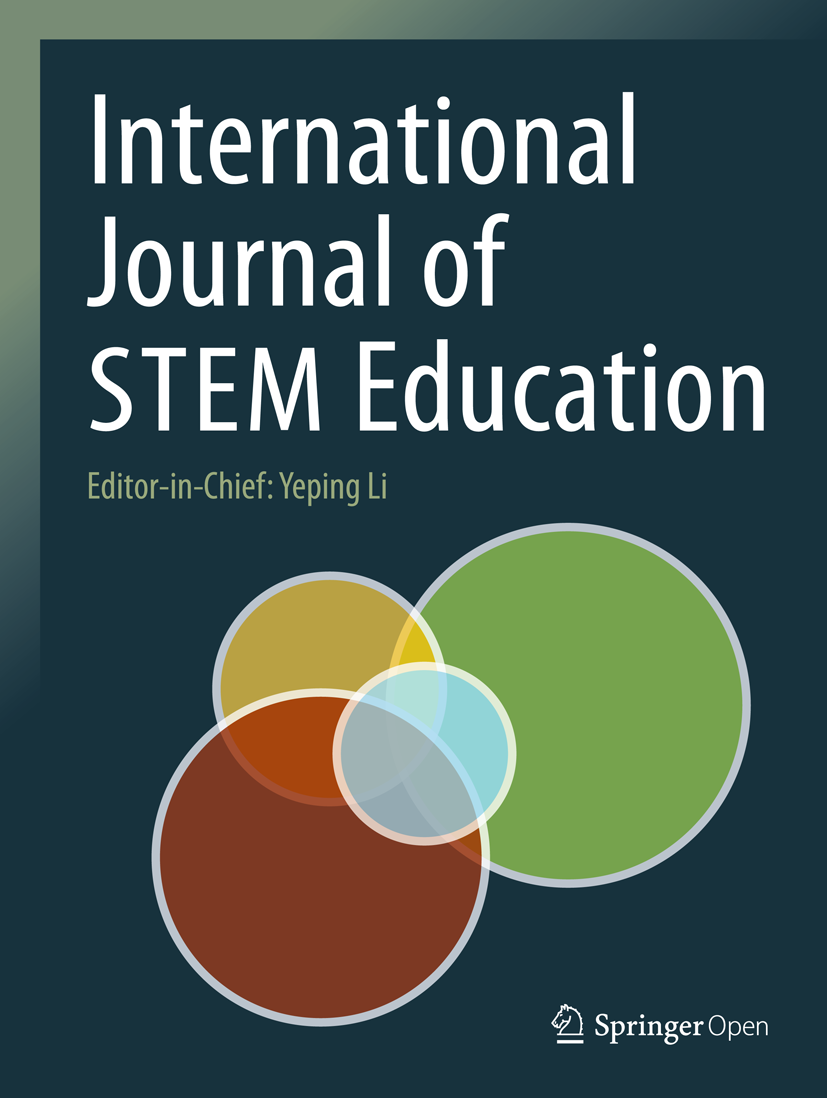Using collaborative autoethnography to investigate mentoring relationships for novice engineering education researchers
IF 8
1区 教育学
Q1 EDUCATION & EDUCATIONAL RESEARCH
引用次数: 0
Abstract
The National Science Foundation Research Initiation in Engineering Formation (RIEF) program aims to increase research capacity in the field by providing funding for technical engineering faculty to learn to conduct engineering education research through mentorship by an experienced social science researcher. We use collaborative autoethnography to study the tripartite RIEF mentoring relationship between Julie, an experienced engineering education researcher, and two novice education researchers who have backgrounds in biomedical engineering—Paul, a biomedical engineering faculty member and major professor to the second novice, Deepthi, a graduate student. We ground our work in the cognitive apprenticeship model and Eby and colleagues’ mentoring model. Using data from written reflections and interviews, we explored the role of instrumental and psychosocial supports in our mentoring relationship. In particular, we noted how elements of cognitive apprenticeship such as scaffolding and gradual fading of instrumental supports helped Paul and Deepthi learn qualitative research skills that differed drastically from their biomedical engineering research expertise. We initially conceptualized our tripartite relationship as one where Julie mentored Paul and Paul subsequently mentored Deepthi. Ultimately, we realized that this model was unrealistic because Paul did not yet possess the social science research expertise to mentor another novice. As a result, we changed our model so that Julie mentored both Paul and Deepthi directly. While our mentoring relationship was overall very positive, it has included many moments of miscommunication and misunderstanding. We draw on Lent and Lopez’s idea of relation-inferred self-efficacy to explain some of these missed opportunities for communication and understanding. This paper contributes to the literature on engineering education capacity building by studying mentoring as a mechanism to support technically trained researchers in learning to conduct engineering education research. Our initial mentoring model failed to take into account how challenging it is for mentees to make the paradigm shift from technical engineering to social science research and how that would affect Paul’s ability to mentor Deepthi. Our experiences have implications for expanding research capacity because they raise practical and conceptual issues for experienced and novice engineering education researchers to consider as they form mentoring relationships.利用协作式自述调查工程教育研究新手的指导关系
美国国家科学基金会的 "工程教育研究启动"(RIEF)项目旨在通过资助工程技术人员,让他们在经验丰富的社会科学研究人员的指导下学习开展工程教育研究,从而提高该领域的研究能力。我们采用合作式自述法研究了经验丰富的工程教育研究人员朱莉和两位具有生物医学工程背景的教育研究新手--生物医学工程系教师兼主要教授保罗与第二位新手研究生 Deepthi 之间的三方 RIEF 指导关系。我们的工作以认知学徒模式和艾比及其同事的指导模式为基础。通过书面反思和访谈数据,我们探讨了工具性支持和社会心理支持在指导关系中的作用。特别是,我们注意到认知学徒制的要素,如脚手架和工具性支持的逐渐减弱,是如何帮助保罗和 Deepthi 学习与他们的生物医学工程研究专长大相径庭的定性研究技能的。我们最初将我们的三方关系概念化为:朱莉指导保罗,保罗随后指导 Deepthi。最终,我们意识到这种模式是不现实的,因为保罗还不具备指导另一位新手的社会科学研究专业知识。因此,我们改变了模式,由朱莉直接指导保罗和 Deepthi。虽然我们的指导关系总体上非常积极,但也有很多沟通不畅和误解的时候。我们借鉴了 Lent 和 Lopez 提出的 "关系推断自我效能"(relationship-inferred self-efficacy)概念,来解释其中一些错失的沟通和理解机会。本文通过研究指导作为一种支持受过技术培训的研究人员学习开展工程教育研究的机制,为工程教育能力建设方面的文献做出了贡献。我们最初的指导模式没有考虑到被指导者从技术工程到社会科学研究的范式转变是多么具有挑战性,也没有考虑到这将如何影响保罗指导 Deepthi 的能力。我们的经验对提高研究能力具有重要意义,因为它们提出了一些实际和概念性问题,供经验丰富的工程教育研究人员和新手在建立指导关系时考虑。
本文章由计算机程序翻译,如有差异,请以英文原文为准。
求助全文
约1分钟内获得全文
求助全文
来源期刊

International Journal of Stem Education
Social Sciences-Education
CiteScore
12.40
自引率
11.90%
发文量
68
审稿时长
13 weeks
期刊介绍:
The International Journal of STEM Education is a multidisciplinary journal in subject-content education that focuses on the study of teaching and learning in science, technology, engineering, and mathematics (STEM). It is being established as a brand new, forward looking journal in the field of education. As a peer-reviewed journal, it is positioned to promote research and educational development in the rapidly evolving field of STEM education around the world.
 求助内容:
求助内容: 应助结果提醒方式:
应助结果提醒方式:


